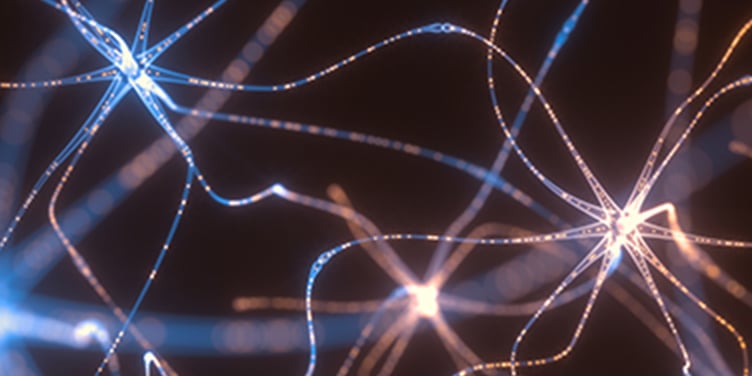
Anemia
The word anemia is derived from the ancient Greek word anaimi, meaning "lack of blood." In medicine, anemia refers to a decreased number of circulating red blood cells. It is diagnosed with a test called a complete blood count, or CBC.
Anemia can result from many different disorders, so if you receive an anemia diagnosis, it is important to have a health care provider determine the exact cause. Some of the potential causes include, among others:
- Nutritional deficiencies
- Medications
- Heavy menstrual periods
- Pregnancy
- Bleeding from the gastrointestinal tract
- Problems with the bone marrow, where all blood cells, including red blood cells, are produced
- Problems specific to the red blood cells, including issues with hemoglobin (for example, sickle cell disease and thalassemia), with the red blood cell membrane (for example, hereditary spherocytosis) or with enzymes in the cell (for example, pyruvate kinase or glucose-6-phosphate dehydrogenase (G6PD) deficiency)
- Disease of specific organs, such as the kidney or the liver
Our Approach to Anemia
To treat anemia, we must identify and address the underlying cause. UCSF's hematologists are experts in diagnosing the causes of anemia and providing proper treatment. Your hematologist will work closely with your primary care doctor to establish a diagnosis and treatment plan.
UCSF Health medical specialists have reviewed this information. It is for educational purposes only and is not intended to replace the advice of your doctor or other health care provider. We encourage you to discuss any questions or concerns you may have with your provider.





